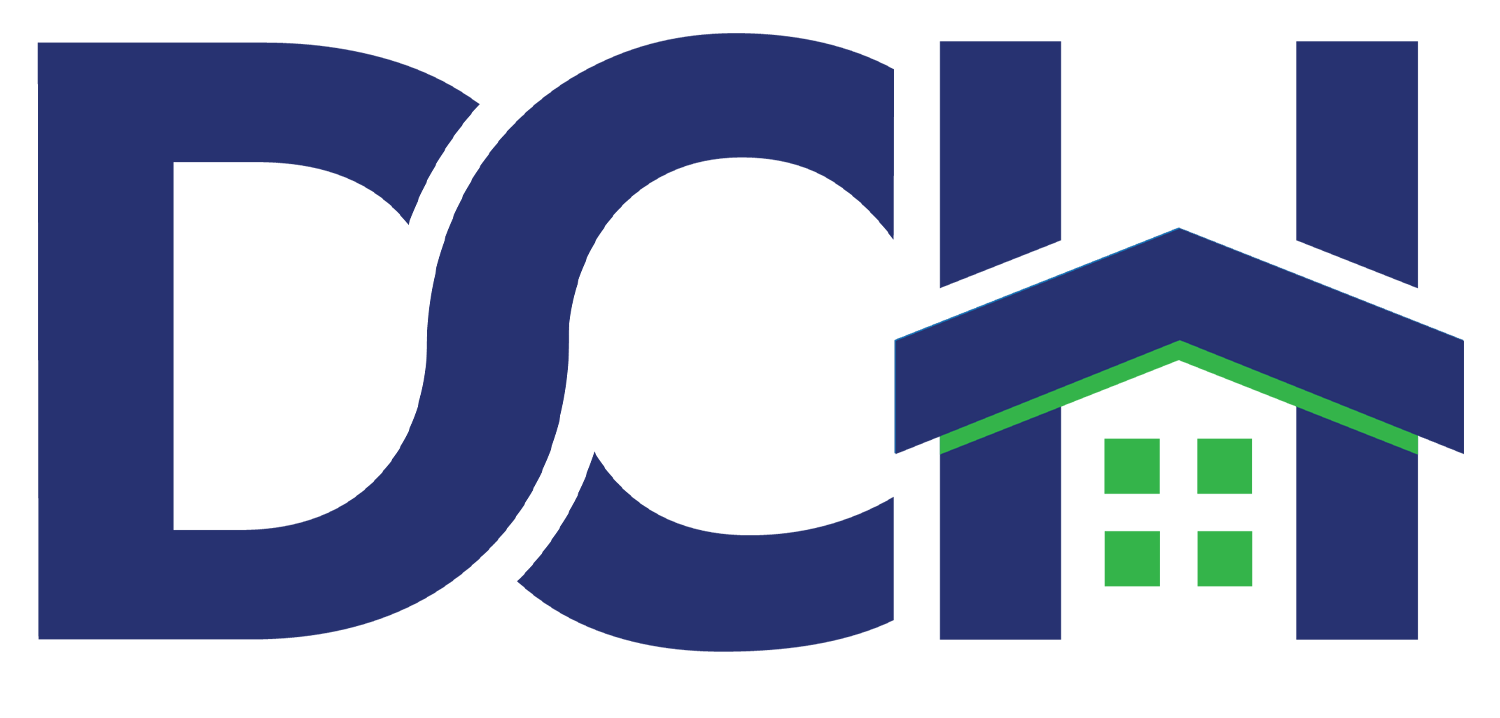How Economic Downturns can Positively Impact Housing Affordability
The word recession naturally raises a lot of red flags and concerns, especially in the wake of rising inflation and interest rates, but what if a recession makes housing more affordable? In Dallas, we are in desperate need of a correction in housing costs or more inventory for middle to lower-income earners. Let’s explore how a recession could impact housing.
In a stable economy, where there is available housing inventory and low unemployment, home buying and selling is encouraged. In 2023, we did not have record unemployment, but the housing market struggled due to high mortgage rates to battle inflation, a severe shortage in home inventory, and home prices that continued to rise. As we start 2024, economists are predicting layoffs. Chief Economist, Danielle Hale at Realtor.com asserted that “People with jobs and income buy houses. If we see layoffs, it could mean lower home sales.”
Where there is a scenario that avoids a recession, mortgage rates could remain high, which would continue to pose challenges for would-be buyers who cannot afford to borrow, and sellers who do not want to lose Covid-Era low rates. A situation where buyers cannot afford to buy and sellers are not listing their homes is called a “lockout” effect, and an economic downturn could break it.
Potential Impact of Layoffs on Housing
Recent layoffs have been announced by major companies including Amazon, Cisco, and Zoom and these large corporate layoffs contribute to workplace anxiety that may deter potential homebuyers from making a purchase. However, despite uncertainty, the unemployment rate has remained steady at 3.7% in January, signaling overall economic stability, according to recent government data. This data does not paint a clear picture of the housing market.
Foreclosures and Credit: Economic Indicators
More than 357,000 homeowners received a foreclosure filing last year, according to real estate data firm ATTOM, more than 357,000 homeowners received a foreclosure filing last year, a 10% increase from 2022 and a 136% jump from 2021. Unlike the recession of 2008, where lending practices were largely unregulated, the recent surge in foreclosures has not been driven by unemployment. The current foreclosure rate remains relatively low, which might indicate a more resilient housing market. The current mortgage market is more secure after imposing more strict lending standards and in the absence of subprime loans.
Another economic indicator to watch is rising credit card debt and late payments. According to a recent report from the Federal Reserve Bank of New York, the amount of outstanding credit card debt hit a record $1.13 trillion in the last quarter of 2023, however, experts project that with tax refunds, borrowers will catch up on payments. Car repayments are also reported to be 60 days or more behind in droves. These indicators point to a recession but are not necessarily definite.
Housing and Recession Uncertainty
We see several economic indicators that may point to a recession, but may also point to a correction, with economists divided on its likelihood. If a recession were to occur, it could bring some silver linings; lower interest rates, and incentives for sellers to list their homes and increase the housing supply. Where a recession brings challenges, it can present opportunities for those struggling to buy homes in the current lock-out state.
A final word from LendingTree’s Channel to think about as we enter into the second quarter of 2024, “I continue to think that even though everything won’t be sunshine and rainbows this year, and that some people will unfortunately struggle, 2024 probably won’t be the year that the economy comes crashing down…Mortgage rates will fall and the housing market will be a bit friendlier than 2023’s [market] was, though it’s still going to be a hard nut for many people to crack.”

